Funding Business Succession Without Compromising Retirement: A Home Equity Strategy for HNW Clients

As a financial planner, you often work with clients who have built substantial businesses and want to pass them on to the next generation. But what happens when liquidity is needed to make the transition, and the client’s primary asset is tied up in real estate or the business itself? In this article, we explore how a strategically structured Jumbo Reverse Mortgage helped one father fund his son’s business buyout—without jeopardizing his retirement security or triggering a large tax event.
The Planning Challenge
Client’s dilemma:
- 81-year-old father, recently widowed, ready to retire.
- Owns a $10M business; son (only heir) wants to buy it.
- Son needs $1.5M down but traditional financing requires Dad to co-sign.
- Father’s $1.5M Down Payment from the business is critical to his retirement.
How do you help a retiring client unlock liquidity for succession
without co-signing debt, liquidating taxable assets, or risking retirement stability?
The Solution – Home Equity as a Wealth Tool. Fathers home is mortgage free with a value of $5M
- Father uses Jumbo Reverse Mortgage to unlock $1.5M of non-taxable home equity.
- Loans $1.5M to son on 10-year, 7% interest-only term
- Son uses $1.5M loan from father as down payment on the business.
- Son’s interest only payments to Father are equal to interest on the RM, father pays interest received from son to the RM lender.
- Father can deduct the interest
Key Points:
- No disruption to invested assets.
- No monthly principal payments required from the borrower.
- Strategically matches inflows (interest from son) with outflows to RM lender.
- Home value continues to grow as the appreciations is on 100% of the home’s value while the loan to value (LTV ) is only 30% of the home value
Long-Term Benefits and Estate Planning Impact
- Home appreciation estimated at 7% outpaces loan cost: $350K / year in value vs. $105K annual simple interest.
- Father maintains lifestyle and keeps control of the transition.
- Upon death, step-up in basis allows the son to inherit the business and home without capital gains.
Ideal clients for this approach:
- Business owners nearing retirement
- Clients with significant home equity and limited liquid assets
- Clients wishing to transfer wealth or a business to a child
- Those concerned about taxes and legacy planning
Think Outside the Portfolio
For the right client, home equity—especially via a Jumbo Reverse Mortgage—can be a flexible, tax-smart solution that supports succession, retirement income, and estate planning goals all at once. As a CFP®, understanding when and how to use tools like this can set you apart as a strategic, forward-thinking advisor.
Could This Strategy Benefit Your Clients? Let’s Find Out!
Do any of your clients fit this scenario? Retirement in Reverse would be happy to provide a customized, hypothetical scenario to help you assess if this strategy could be a valuable solution. Let’s explore how we can make it work for your clients!
Retirement In Reverse offers Objective, Competent Advice to help you make informative decisions for your clients.
Furthermore, we have No Conflict of Interest, as we do not sell Financial Product, nor enter into financial planning engagements. We share your commitment to your clients’ financial stability and quality of life.



